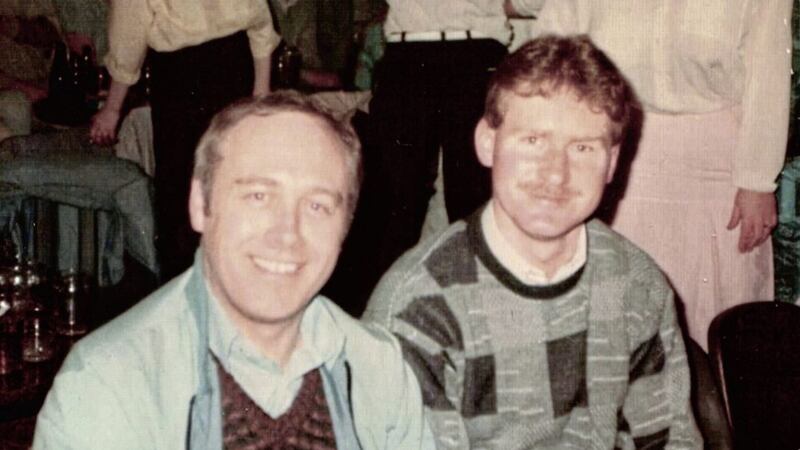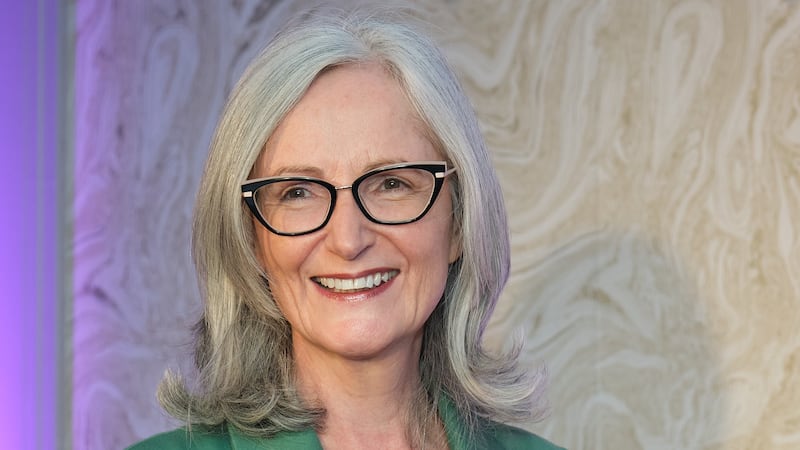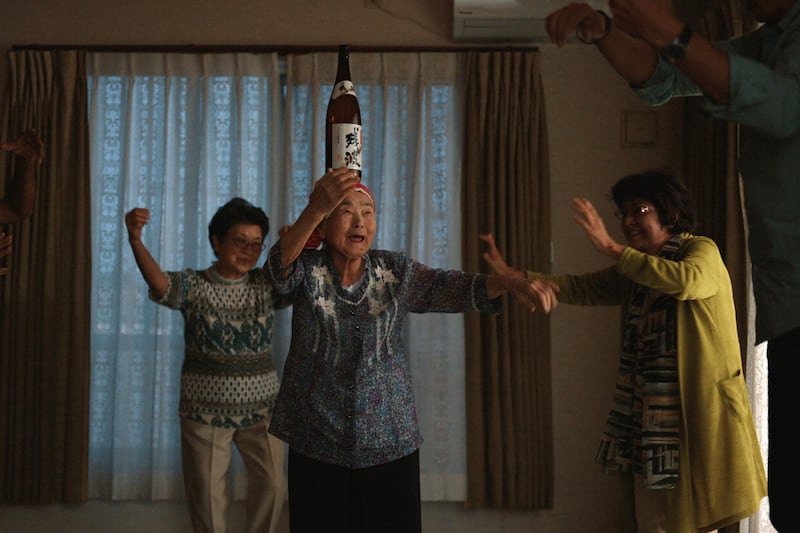Funeral Murders, BBC 1, Monday at 9pm
In a period heavy with significant anniversaries, two weeks in March 1988 rank as one of the most frightening periods of the Troubles.
Five years ago on the 25th anniversary, the BBC produced a landmark documentary about the series of events which led ultimately to the horrific murder of two British soldiers on the margins of an IRA funeral in west Belfast.
Peter Taylor’s film, ‘14 days’, revealed for the first time the incredible tale that as Fr Alec Reid was administering the last rites to the stripped, beaten and shot soldiers - visually the nadir of the Troubles - that he had a letter of hope in his coat pocket from Gerry Adams to John Hume.
Almost unbelievably, the letter was marked with the blood of one of the soldiers as the priest bent over their stricken bodies.
At the time Fr Reid was brokering talks between the then SDLP and Sinn Féin leaders. The Hume/Adams talks were the beginnings of the peace process, leading eventually to the IRA ceasefires and the Good Friday Agreement a decade later.
Vanessa Engle’s film made little mention of Fr Reid, focusing instead on republicans, some of the victims' families, but also voices from the RUC, British army and loyalism.
In didn’t have the most auspicious start when the narrator told us that “in the 1980s Northern Ireland was divided” as if to suggest that peace had subsequently erased the gap between the communities.
It improved after that, with an efficient explanation of the series of events; with three IRA members shot dead by the SAS in Gibraltar, followed by the Michael Stone attack on their funeral, leaving a further three people dead and 40 injured.
Then at the funeral of one of Stone’s victims, IRA member Caoimhín Mac Brádaigh, the mourners feared they were under loyalist attack again when two undercover British soldiers panicked and started driving erratically and at speed.
There was significant new information here with the RUC officer in charge, Cyril Donnan saying he was surprised when he was instructed to keep his distance from the Gibraltar funeral.
In addition a Scottish republican gave an eyewitness account of the last moments of the soldiers’ lives, including how the leg of one got stuck on a metal fence as they were thrown over a wall moments before they were shot.
But perhaps the most remarkable revelation was that of a west Belfast woman who was so horrified at the manner of the soldiers’ killing that she gave her child – she was pregnant at the time – the middle names of ‘Derek David’ so that the soldiers would “be remembered somewhere.”
***
Great India Railways Journeys, BBC 2, Tuesday at 8pm
The best travel TV makes you want to pack your bags and get on a plane.
Michael Portillo is back for another season of Great Railway Journeys and achieved that goal in episode one.
He brought us with him on the train to Shimla, the once summer capital of British India.
It’s a 60 mile journey from the last station through 107 tunnels and 157 bridges and viaducts to the town of Shimla, 7,000 feet in the Himalayas.
The British built the railway through the foothills of the world’s highest mountain range because they wanted to avoid the searing heat of Calcutta, the winter capital.
The railway opened in 1903, transforming the twice a year movement of the entire government and its paraphernalia which managed the affairs of British India, incorporating the current Pakistan, Bangladesh, Burma, Sri Lanka and the UAE.
It’s a remarkable story and a place on the bucket list of many.









